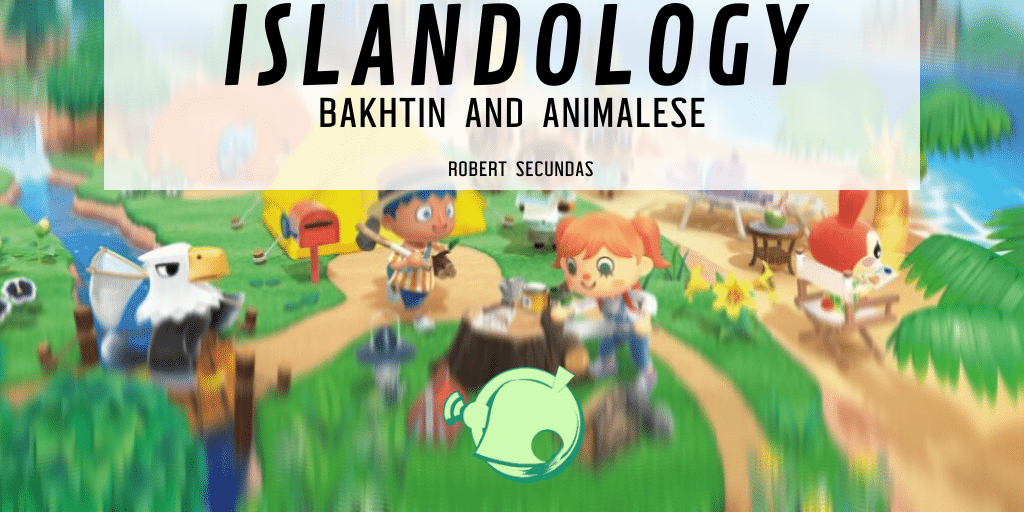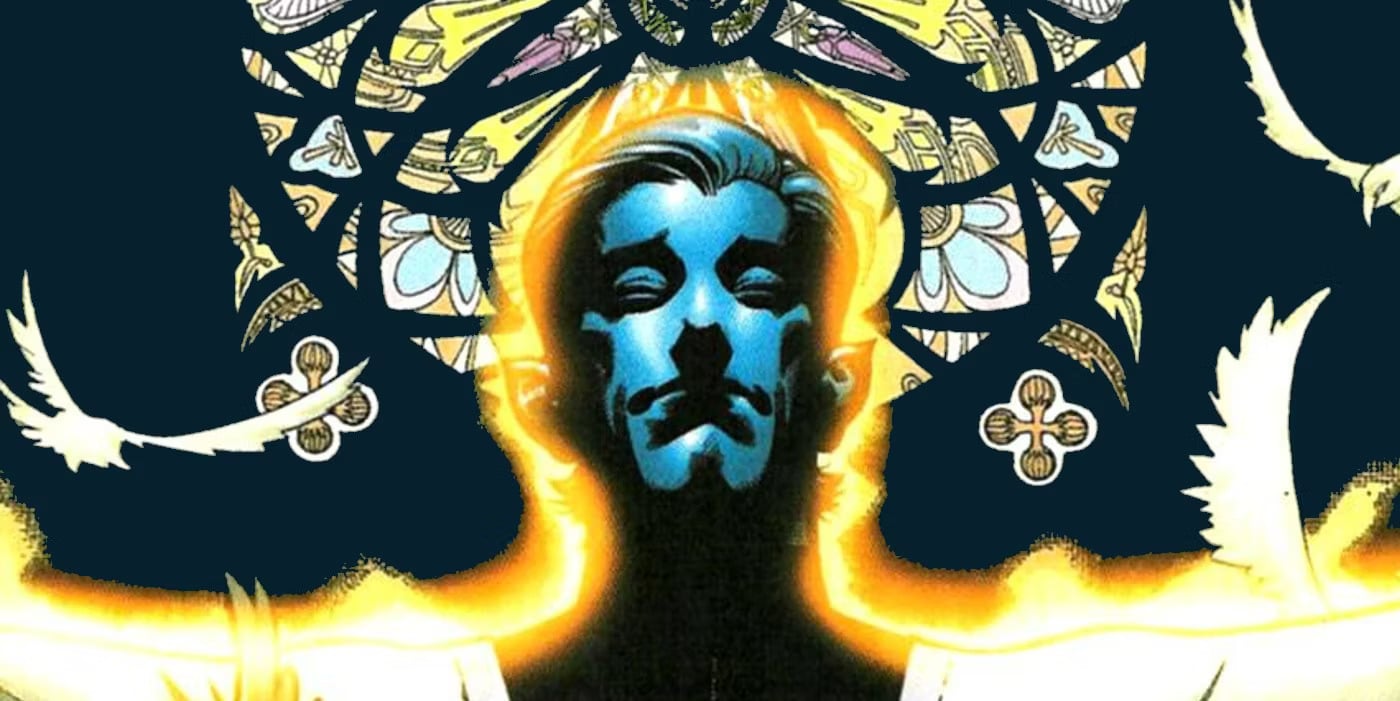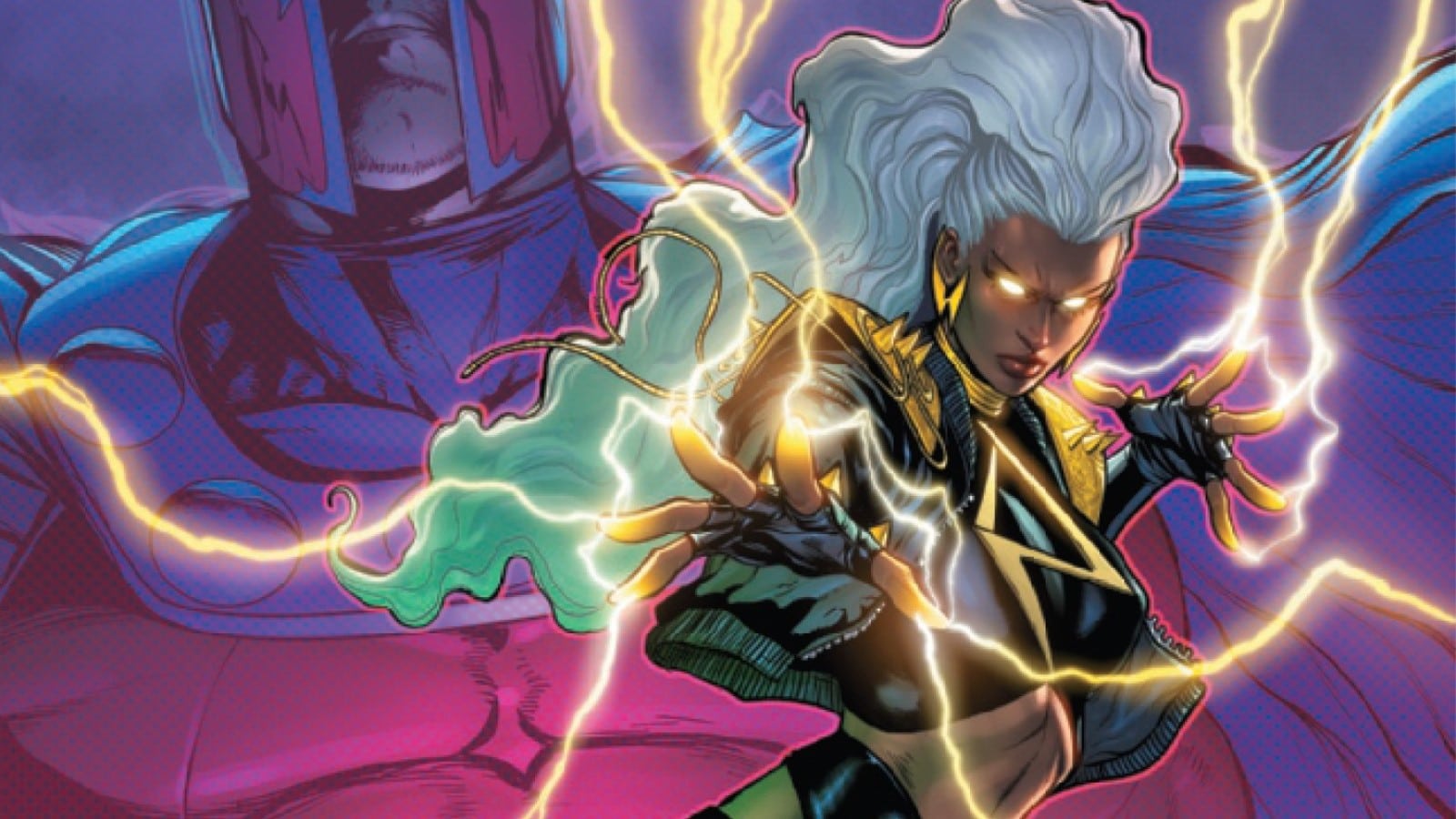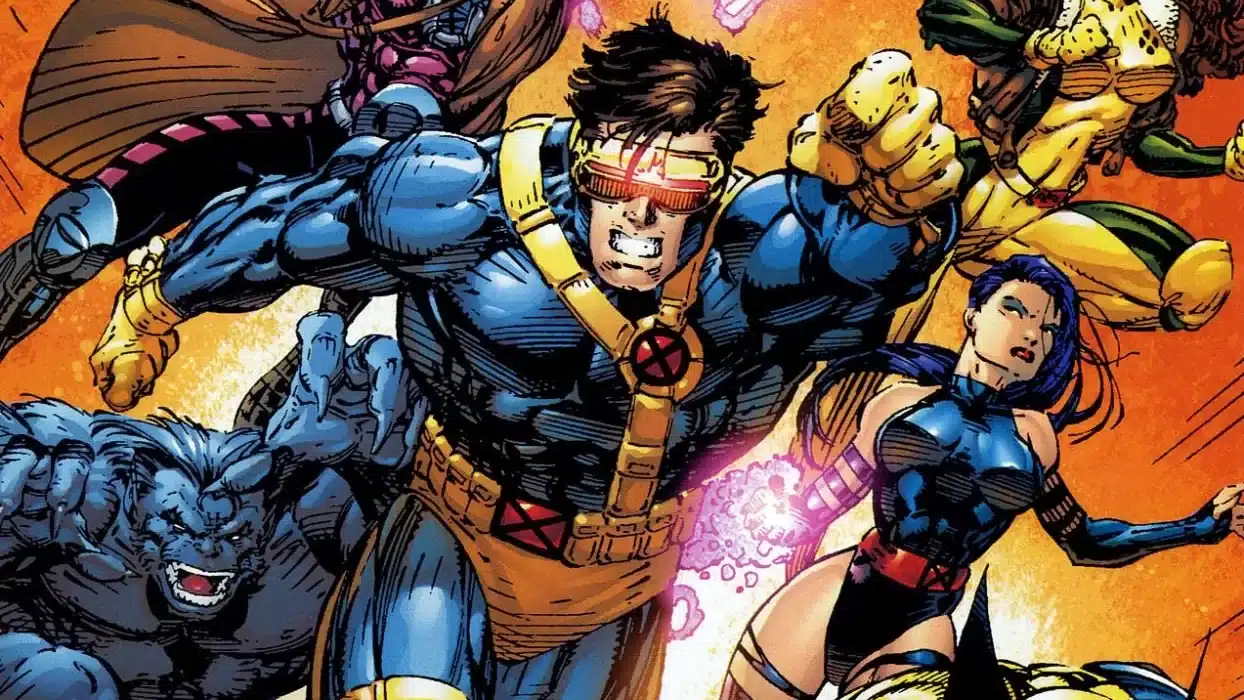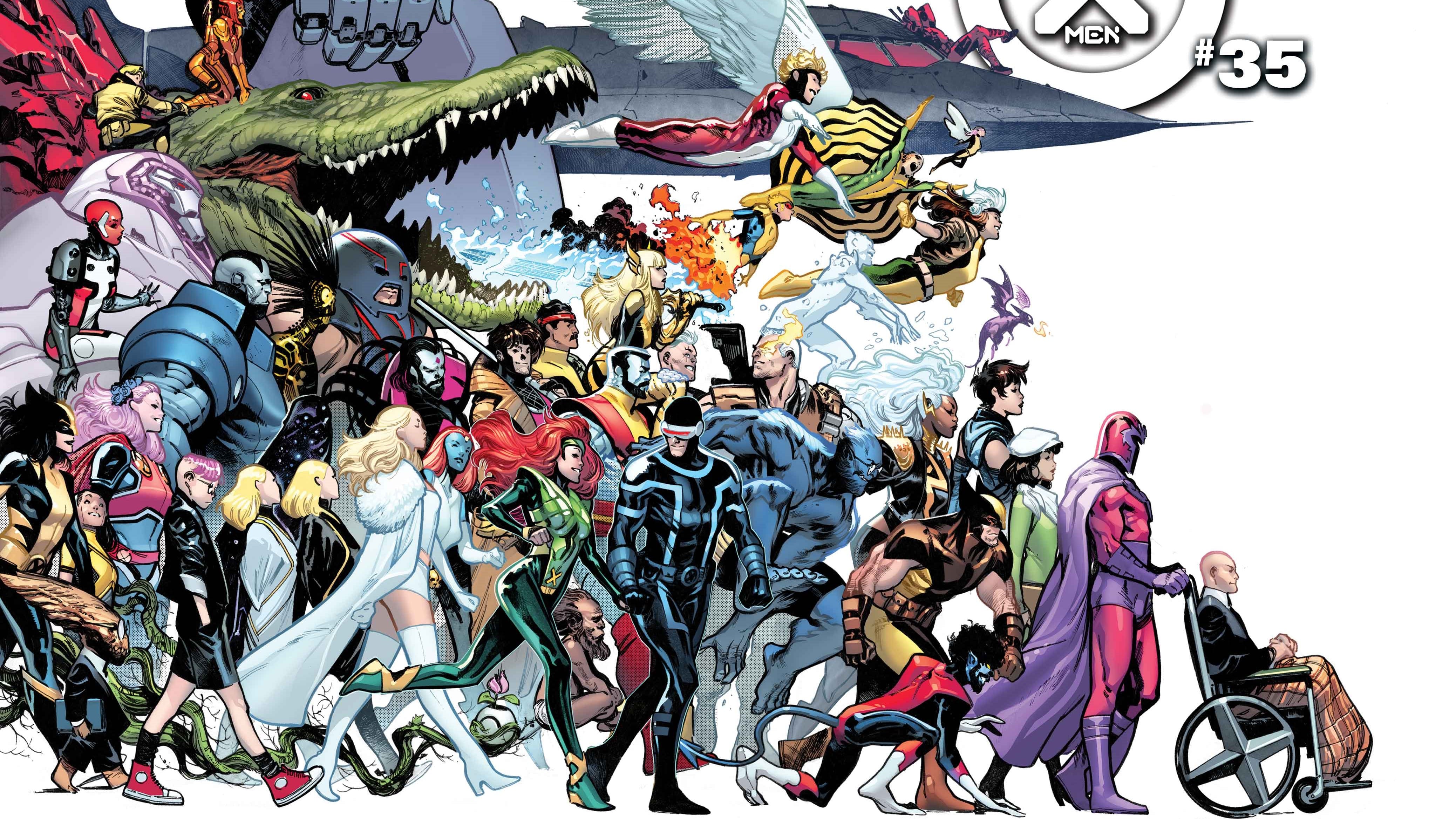We’re going to be talking about a few terms from the work of Mikhail Bakhtin, a 20th century Russian literary critic and semiotician. First of all, “heteroglossia.” Heteroglossia is:
“the base condition governing the operation of meaning in any utterance. It is that which insures the primacy of context over text. At any given time, in any given place, there will be a set of conditions– social, historical, meteorological, physiological– that will insure that a word uttered in that place and at that time will have a meaning different than it would have under any other conditions; all utterances are heteroglot in that they are functions of a matrix of forces practically impossible to recoup, and therefore impossible to resolve. Heteroglossia is as close a conceptualization as is possible of that locus where centripetal and centrifugal forces collide; as such, it is that which a systematic linguistics must always suppress”.
Bakhtin, M. M. The Dialogic Imagination: Four Essays. Trans. Michael Holquist. Austin: U of Texas, 1981. Print.
Basically, whenever you speak, the words you use aren’t just one language. They exist in a huge variety of languages, and they’re swarming with meaning, especially because a billion billion contexts all affect that meaning.
For Bakhtin, the novel was valuable because, in that it tended to be dialogic (meaning: it’s focused on dialogues), it really emphasized the heteroglottic aspect of language. The novel was the place where you could capture the chorus of an entire society, and where you could demonstrate the tensions between voices in that society. You can find dialogues alongside diaries, advertisements alongside political rallies, and newspapers alongside textbooks. You can also find the languages of generations, of classes, of communities within the same text. This is far, far more powerful than the monologic of poetry, which strives to put forward one single, simple voice. (Of course, many poets would disagree).
Videogames can tend toward monoglossia (for example, games like Kitty Horrorshow’s Anatomy, a singular experience trying to convey poetically one particular voice) or heteroglossia (consider all the voices in a Metal Gear Solid or any other Hideo Kojima game, which features the full scope of the novel).
But Animal Crossing presents us with something different.
Something that Bakhtin might find alarming.
If literature tends towards either embracing or rejecting the heteroglottic aspect of language, if we would map forms between their emphasis on monologue or dialogue, Animal Crossing reveals on an entirely different axis, one that has nothing to do with heteroglossia.
As we listen to Animal Crossing, is it right to think of its voices as voices in dialogue? Is it right to think of characters’ utterances as swarming with meaning, as caught up in all those languages and contexts which define our own utterances?
No. The characters of animal crossing speak in either nonsense– Bebebese– or something that once was a language, but has been since broken, fractured– Animalese. Language is a system of signs. A sign is the result of a connection between some signifier– sounds coming out of your mouth, for example– and something signified– the thing you want someone to think of when you make those particular sounds from your mouth.
Animalese takes a signifier and robs it of anything signified but itself. It takes words from languages and distorts them to the point that, when heard, they can point to nothing.
This is speech without meaning, language without significance, this is maniaglossia.
We also have your player character, the Villager. The Villager is a silent protagonist. You can choose dialogue options for him, but these do not pass into speech. The Villager is entirely aglottic.
Animal Crossing confronts us with language and with a world that at times signifies nothing, nothing at all, and at other times signifies only itself; we are confronted with a howling void of Babel and can find only refuge only in the silent tower constructed in its center: the player, the villager, who is also us. Just as the babble of animalese is conjoined to our own world’s text, so too is a member of that society conjoined to a member of ours.
When you turn off your switch, Mr. Rossetti’s gibbers grows quiet, but the Villager’s silence continues. The Villager’s cartoon visage remains, but transformed, in the now dark glass of the screen. And you look into your own eyes, or maybe you look away, but in either case, an immense dread, that everything in your world too is as senseless, as signless as that place, will come rushing at you with the speed of a tarantula on another island at night.
Robert Secundus is an amateur angelologist. He has never played an Animal Crossing game.
Robert Secundus is an amateur-angelologist-for-hire.

